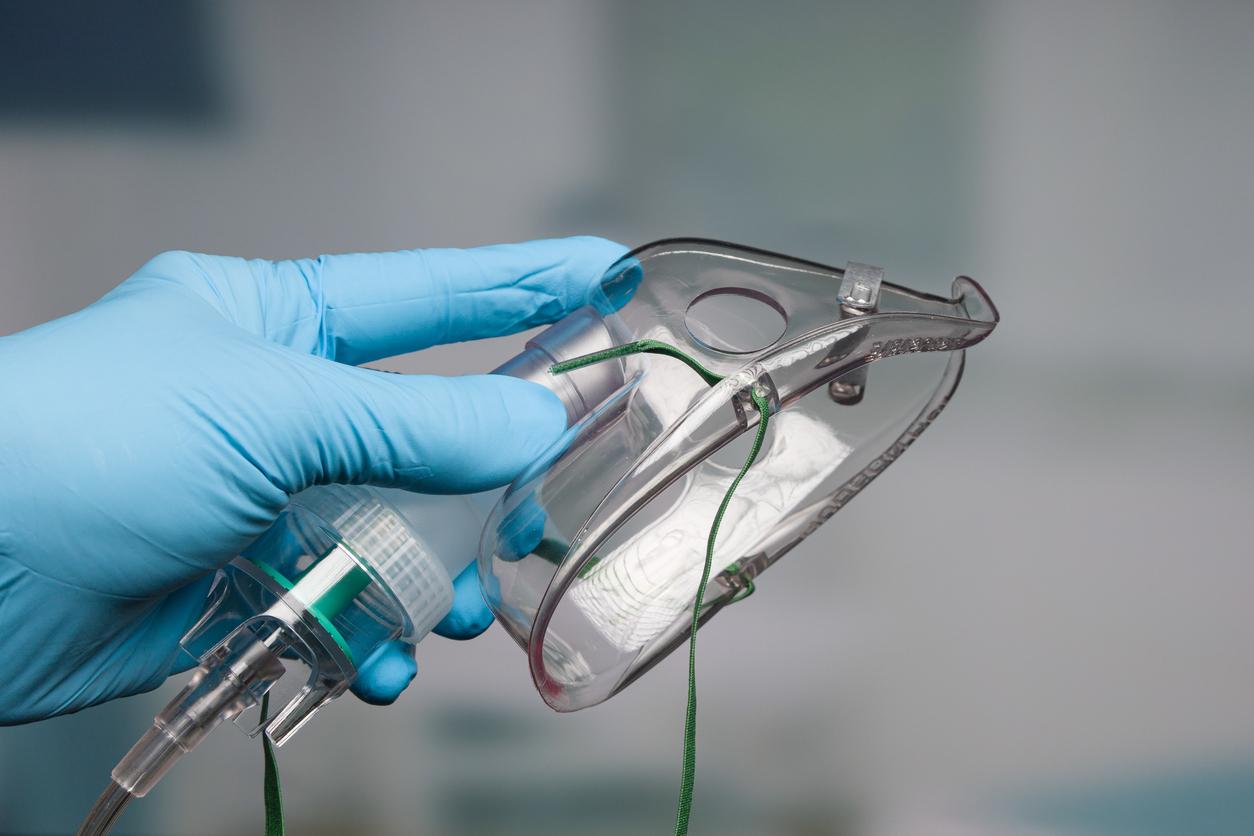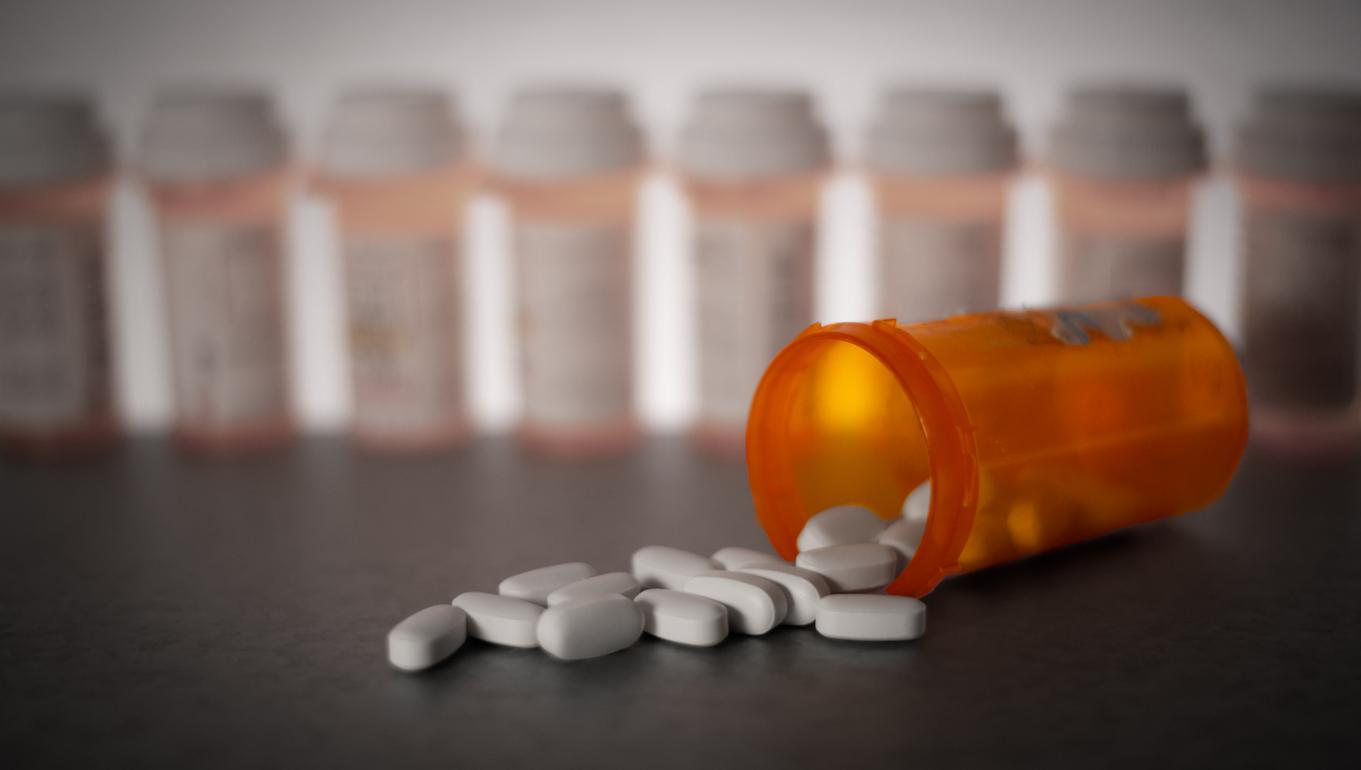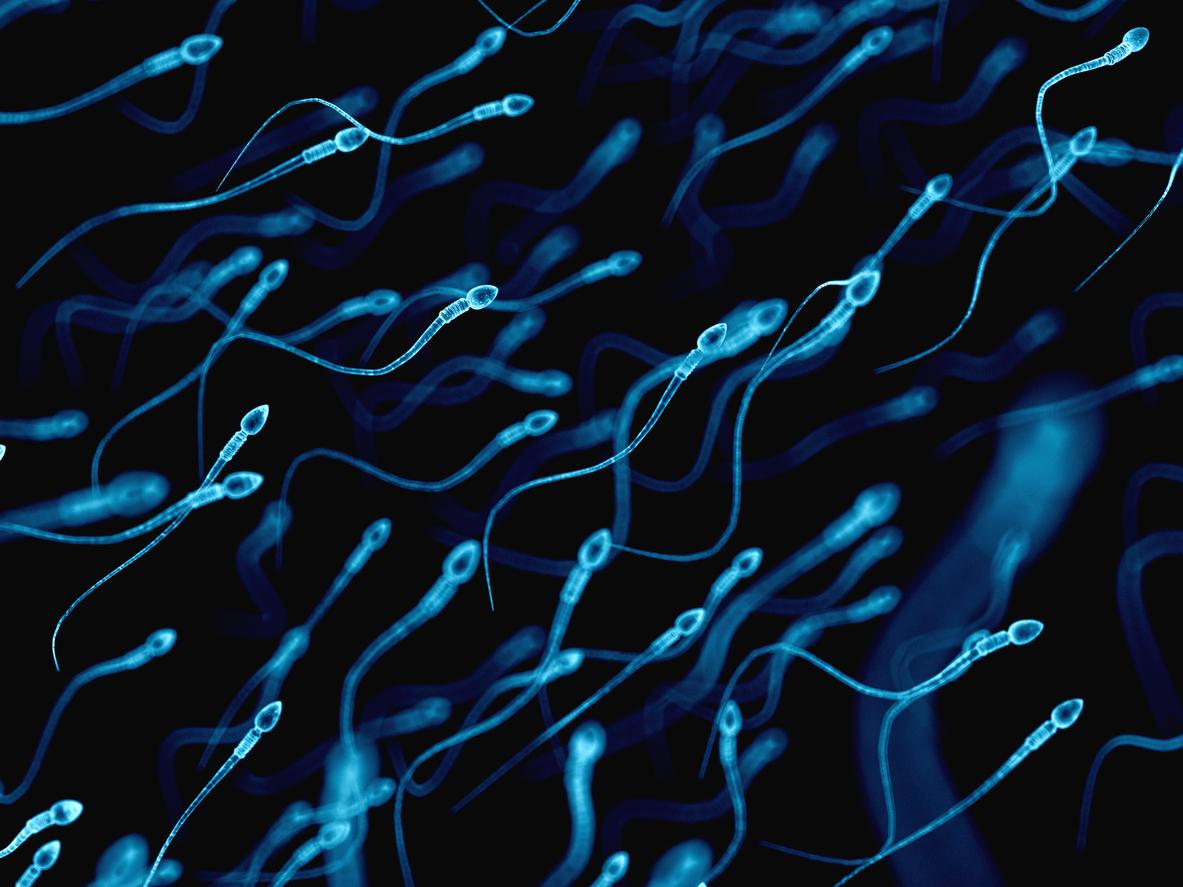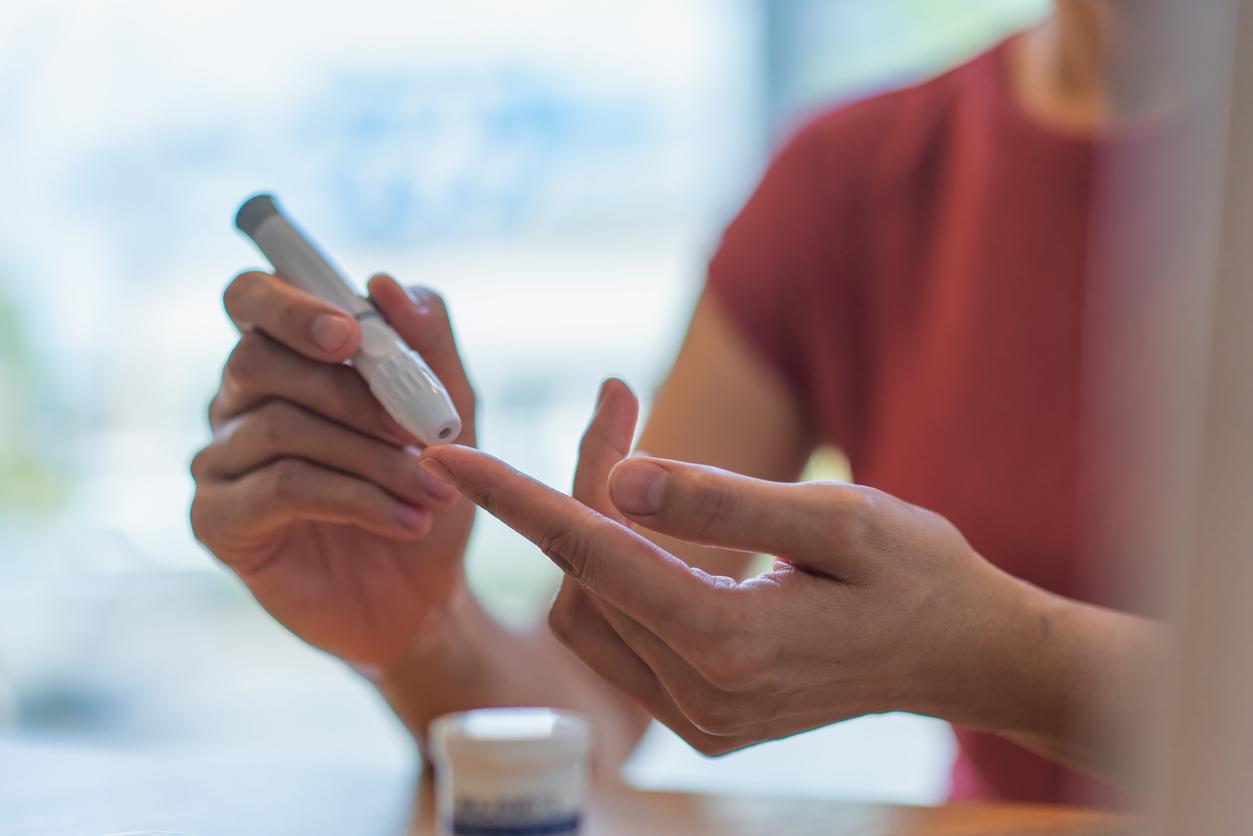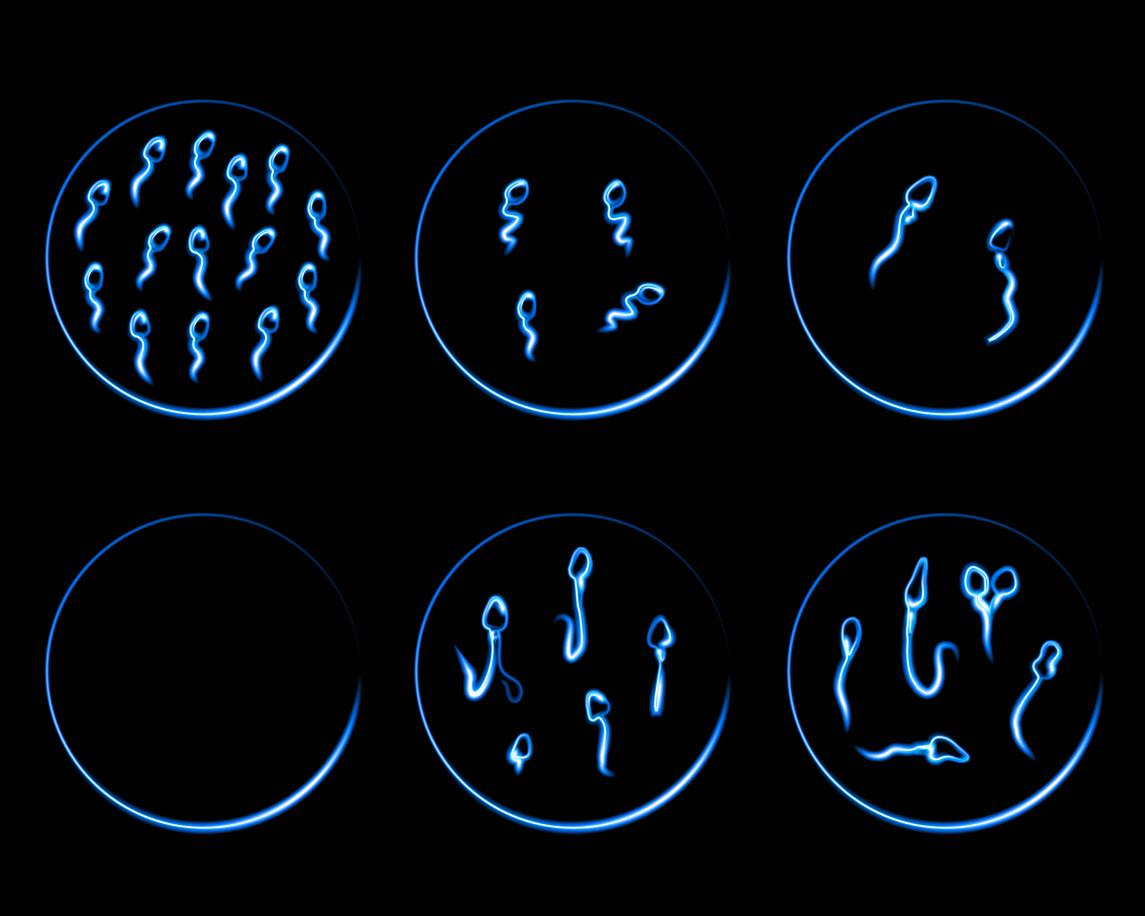An Indian team is working on an injectable formula, the effectiveness of which is not linked to hormones. It could prevent fertilization for 13 years.

Research on male contraception is making great strides. Researchers from the Indian Council of Medical Research (ICMR) are studying the effectiveness of an injection in blocking sperm. According to their trialsthe technique would allow protection for 13 years.
A high success rate
Called “reversible inhibition of sperm under guidance”, for reversible and controlled inhibition of sperm, the technique consists of injecting maleic anhydrous styrene dissolved in dimethyl sulfoxide into the spermiduct, or vas deferens, whose role is to transport sperm from the testicles . The product prevents the sperm from moving and thus eliminates any possibility of fertilization of the egg. The trials have been carried out until phase 3, where the drug is tested on a large sample of patients and compared with a placebo. “Three hundred-three candidates were recruited and the success rate was 97.3%, with no side effects identifiedexplains Dr. RS Sharma to the Hindustan Times. The product can definitely be called the world’s first male contraceptive.”
One of the constraints of this contraceptive is that it must be administered under local anesthesia. The results show that it can be effective for 13 years, but a single injection is enough to reverse its effects. A few months ago, the product was still under review by the Indian body in charge of monitoring and controlling medicines: the Comptroller General of Medicines of India.
An alternative to condoms and vasectomy
For scientists, this method could be a safe alternative to the use of condoms or vasectomy, which is not reversible, and to all methods of female contraception. Other means of male contraception are already accessible but still little known, such as heated briefs, and others are still being tested. In the United States, researchers have carried out tests on a male contraceptive pill. the first results of “11-beta-MNTDC” are conclusive: testosterone levels and sperm production have decreased, without causing libido disorder or erectile dysfunction.
.









